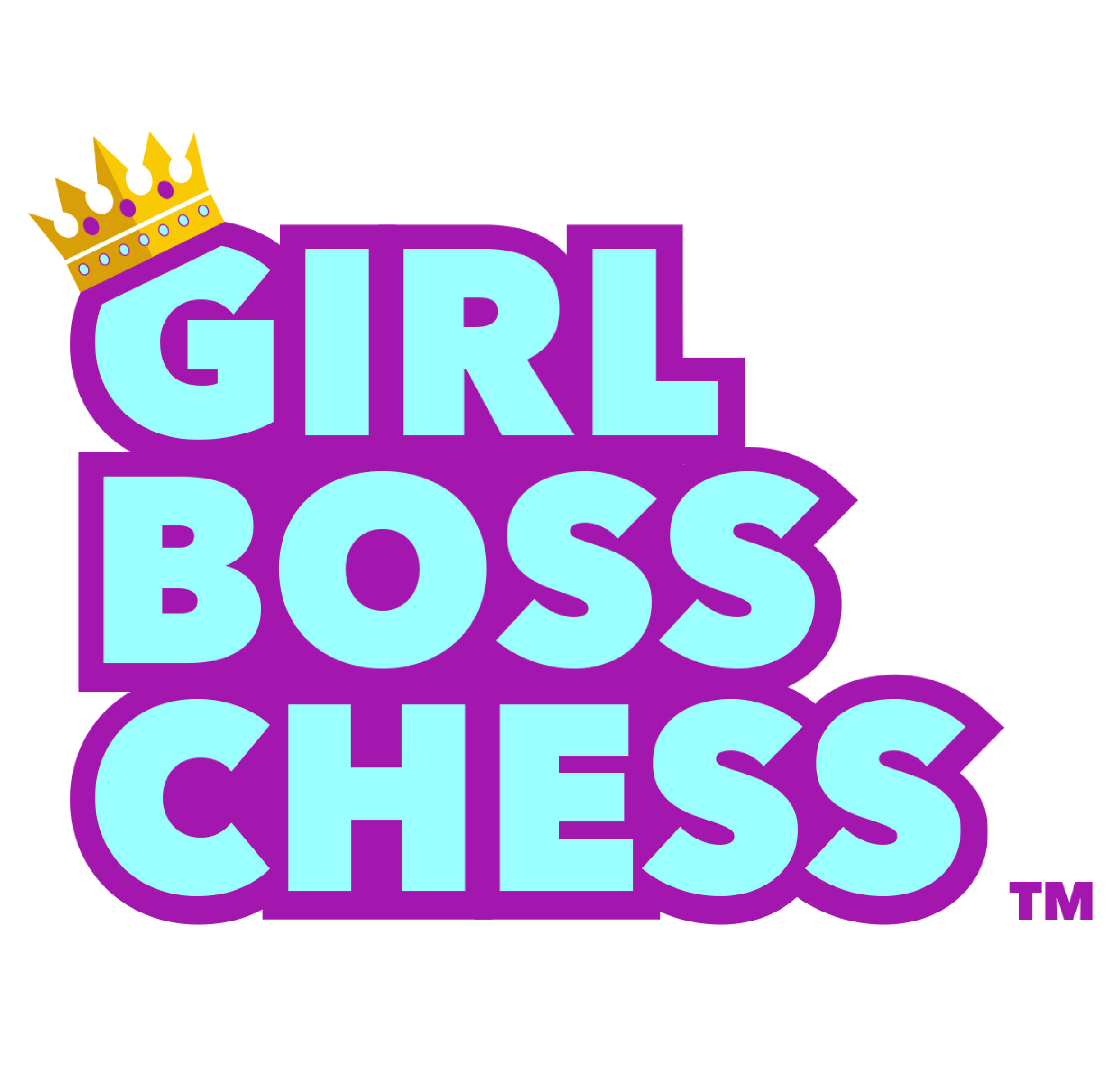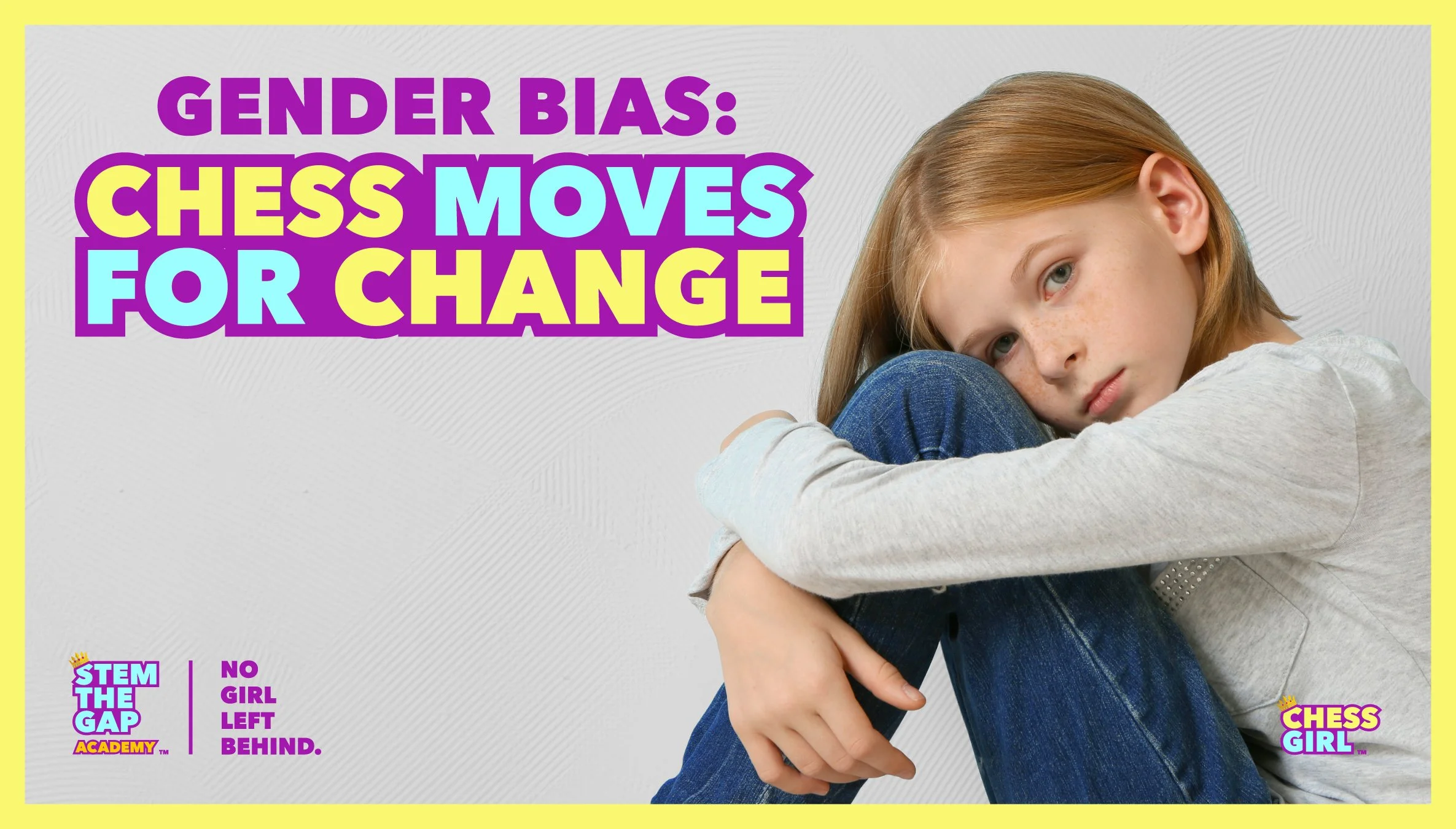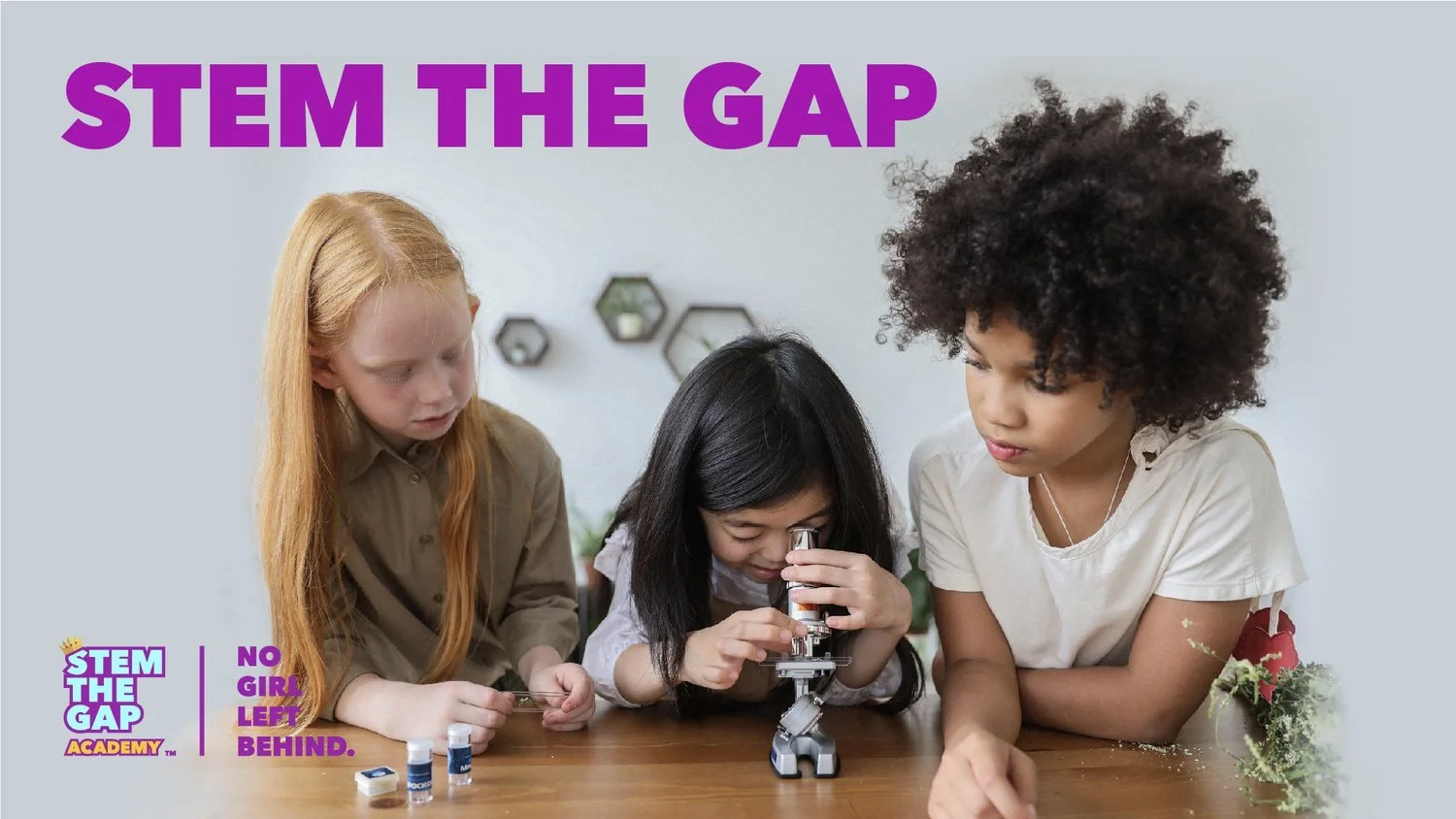BARRIERS & BRIDGES
Women’s rights have certainly come a long way since the middle of the 20th century, when the second-wave feminist movement first started calling for gender equality that challenged the patriarchy and extended into every domain of life. However, even as the conversation (and protestation) has continued non-stop since the 1960s, when women first started making these demands, today the fight for equal opportunities, representation and compensation still continues…and shows no sign of slowing down. And the reason for this is that there are still so many fields that remain male-dominated today, including STEM fields and chess.
In this day and age, there are many policies that have been implemented across countless organizations that work, to not only to protect women in the workplace, but also to encourage them to enter and persevere in previously male-dominated fields. Even though, there has been a notable rise in the number of women entering and remaining in male-dominated fields, a notable discrepancy persists, that has left many perplexed and begging the very pertinent question: ‘Why?’
The issue is notably complex and varies depending on where you are in the world, as well as how progressive and inclusive of women’s rights different societies and cultures are, however, based on numerous articles and research studies conducted, it can be concluded that there are two major categories of obstacles that keep women a minority across so many professions and fields: external obstacles and internal obstacles.
EXTERNAL OBSTACLES
There are a plethora of societal, environmental and cultural obstacles that women have been battling seemingly forever, in order to be able to close the gender gap in professional spheres.
A notable barrier, which is distinctly hard to regulate and therefore overcome, is hostility in the workplace. As previously mentioned, while many organizations have rules around equality in their organizational structures, that does not necessarily mean that attitudes and opinions of employees, from managers to colleagues, are kept in check. While outright hostility towards women (sabotage, inappropriate actions/comments) can be monitored and curbed, it is incredibly difficult to observe and pinpoint a lack of helpfulness, amicability and camaraderie in the workplace, that can make it very intimidating for women to do their work effectively and work as an integral part of a team.
In chess, notable and key figures in the sport have previously made sexist and derogatory statements that undermine women. In an interview, Gary Kasparov once said “there is chess and women’s chess,” and later went on to comment on “the imperfections of the feminine psyche” and on how women tend to lack a ‘killer instinct’. Others that have made such remarks include Chess Grandmasters, Bobby Fischer and Nigel Short. Some of these men went on to recant their statements; others did not. However, it would be wrong to assume that these attitudes and ideas are a thing of the past, in chess and in other professions, and that they don’t still impact and influence the number of women that choose to enter these domains. The truth is that, in male-dominated industries, women tend to work extra hard than their male counterparts, on two fronts, physically and emotionally, and for half the recognition and reward.
Another significant factor, that is important to note, is the general lack of resources, opportunities and funding afforded to women in the workplace. “Women not only donate their emotional labour to the game, but struggle to receive sponsorship for their own tournaments,” (Katerina Bryant, ‘The Lifted Brow’, 2017)
It is also incredibly hard for working mothers to balance the expectations, demands and deadlines of both work and family in professions that are male-led, fast-paced, and that require late nights and extended periods of time away from home. “Mothers [are] 52 percent more likely than other women to leave their jobs if they [are] working a 50-hour week or more, but only in occupations dominated by men." (Indiana University, Phys. Org, 2013) Again, in chess, there are opinions that this is one of the main reasons why so few women ever make it to the top of the chess world. “Just 37 of the more than 1,600 international chess grandmasters are women.” (Vinita Srivastava, The Conversation, 2020)
The final external barrier that is important to note is the lack of role-models and the lack of representation of females in male-dominated professions. “Girls have fewer role models to inspire their interest in these fields, seeing limited examples of female scientists and engineers in books, media and popular culture. There are even fewer Black women role models in math and science.” (The STEM Gap, AAUW, 2020) When there is a lack of representation, a lot of the time, it doesn’t occur to girls to entertain the possibility of success in certain domains, simply because it seems that no one has ever done it before.
INTERNAL OBSTACLES
A lack of representation can also cause a subconscious gender bias in the minds of parents, which can lead to them not asking their girls to get involved in or learn more about certain subjects or sports, like chess, because of their subconscious association with these being ‘more male-oriented activities’. This is an example of the first internal obstacle that is keeping the gender gap as wide as it currently is: internalized gender-role biases. That is why at Girl Boss Chess, we often encourage both educators and parents to simply ask their girls if they want to learn to play chess. This opens chess as a possibility to girls and demonstrates that no field or domain is ‘off-limits’ as a result of gender differences. “Girls and women are systematically tracked away from science and math throughout their education, limiting their access, preparation and opportunities to go into these fields as adults.” ((The STEM Gap, AAUW, 2020)
Keeping girls, even subconsciously, away from certain fields, also takes a toll on girls’ confidence over the years. It has been concluded, following a number of research studies, that girls are influenced by ‘stereotype threat’. “Stereotype threat is where minorities underperform solely because they’re aware of a stereotype that people of their group do worse. Confidence flags, interest wanes and a vicious cycle of self-fulfilling prophesy follows. The stereotype threat effect has been observed in experiments involving women and mathematics performance and in studies on lower representation of women in leadership positions.” (Vinita Srivastava, The Conversation, 2020) An experiment was even conducted where researchers specifically explored the impact of gender stereotypes on players in chess. Men and women were made to play against each other and performed equally well, when all identities remained anonymous. When men and women were made to play each other again, this time knowing each other’s genders, women fared worse against male opponents and better against female opponents.
It seems, consequently, that the internal mental obstacle and lack of confidence that stereotype threat enforces, is a mindset issue that must be countered from the get-go, when girls are very young. It is crucial that we empower girls and give them a foundation of confidence before the patriarchal narratives, that discriminate between a man and woman in terms of intellectual capacity, set in and become limiting beliefs for them in the future.
László Polgár, Hungarian chess teacher, psychologist and father to the three Polgár sisters (his daughter Judit known for being the best female chess player of all time and for being the only woman to have previously ranked as one of the top ten chess players worldwide) is known for his belief that, “geniuses are made, not born”. He raised and trained his daughters to play chess strategically and with confidence and the three girls went on to do incredible things, in both the chess world and beyond. His educational strategies and the confidence he inspired in his daughters helped disprove many critics of women in the sport, including Gary Kasparov, who after being beaten by Judit Polgár, renounced his previous stance on women in chess, saying, “I don’t believe that now.”
Girl Boss Chess holds to László Polgár’s beliefs around the education and empowerment of girls, as a way to close the gender gap in male-dominated spheres. When students come to learn chess at Girl Boss Chess, they don’t just learn chess strategy. Girls are taught the history of the Queen on the chessboard, about the legacies of women in STEM and are encouraged to fail big and to grow stronger by learning from their mistakes. Our mission is to instill and nurture a growth mindset in our girls as soon as possible, because we know how tough it can be for girls in the real world, if they are not properly equipped to take on the unfortunate, but very real challenges that come with being a woman.
In life, it is inevitable that girls will be exposed to misogyny and patriarchal attitudes, beliefs and practices, and as movements rise and steadily continue to fight for women’s rights and equality on a macro-scale, it is crucial that on a micro-level, parents, educators and leaders do everything they can to give young girls the necessary positive and empowering beliefs to prevent self-sabotage from holding them back even more.
Sally Sampson











